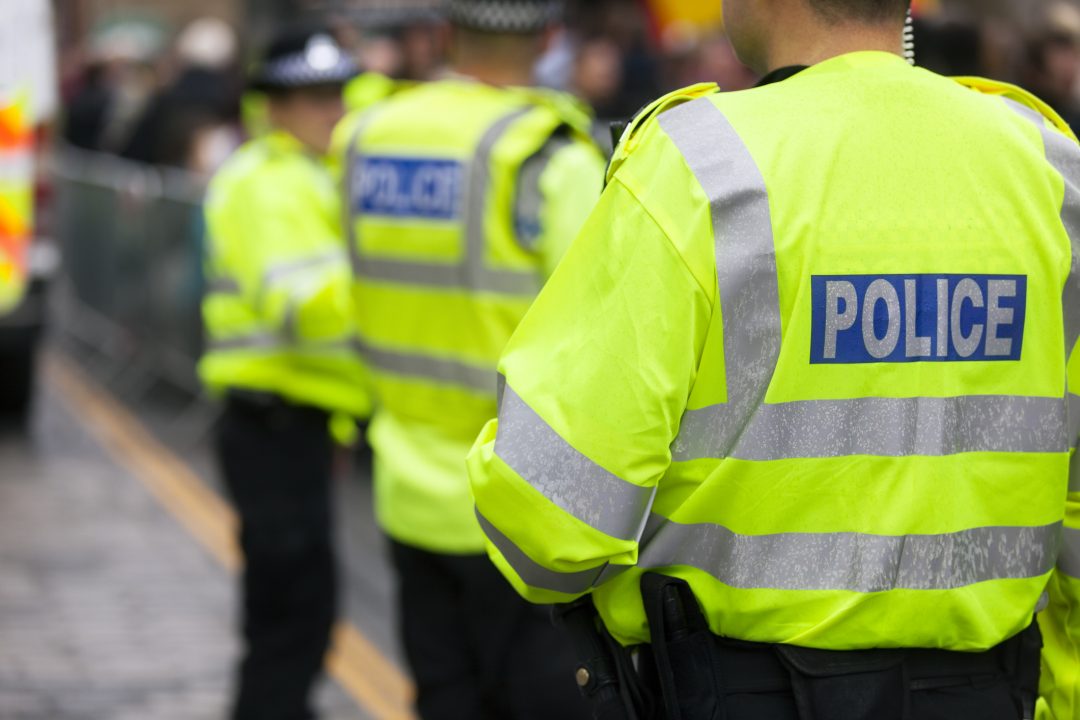Police Scotland has lost more than 165,000 working days due to mental health issues, new figures show.
Since 2019, the number of days lost by officers and other staff members has increased year on year.
The Scottish Police Federation said a third of officers are coming to work when they do not feel mentally fit to do so.
Statistics released by a Scottish Liberal Democrats freedom of information request show 166,580 work days were lost to psychological disorders since April 2019.
This takes into account those off with alcohol problems, anxiety, bereavement reaction, bipolar, debility, dementia, depression, insomnia, other psychological disorders, post-natal depression, post-traumatic stress, schizophrenia and stress, according to Police Scotland.
Scottish Police Federation chair David Hamilton told STV News the figures were “just the tip of the iceberg”.
He said young male officers seemed to be struggling the most with their mental health and that the job does “erode” your resilience.
“This type of absence adds to the pressures and the strains and puts additional pressures on those left behind,” he said.
“It can get into almost a vicious circle of ongoing problems and ongoing pressures.”
Scottish Liberal Democrat justice spokesperson Liam McArthur MSP said: “These figures show the brutal toll that mental ill health is taking on the national force. The mental health of officers and staff can no longer be sidelined.
McArthur called for more mental health staff working alongside the police, mental health first aiders supporting colleagues and annual staff surveys to identify issues.
In the last two-and-a-half years, 68 officers took early retirement on the same grounds – another freedom of information request by the Scottish Conservatives revealed.
Scottish Conservative MSP for North East Scotland region Maurice Golden said it was “deeply concerning” the high proportion of officers suffering from mental health difficulties.
“Unless the SNP finally agree to provide Police Scotland with the resources they need – in terms of staff numbers, conditions and equipment – the number of officers suffering from mental health problems is only likely to increase.”
Deputy Chief Constable Fiona Taylor described police work as a “relentless but rewarding” job.
“Our people are highly motivated by public service and they have worked relentlessly to improve the lives of people and communities in Scotland every day, against a backdrop of increasing demand,” she said.
“The safety and wellbeing of officers and staff and their families is a priority for Police Scotland and we have a range of mechanisms to support our people, including an employee assistance programme, a wellbeing champion network, post-trauma assessment and mental fitness training.
“We have a duty and an opportunity to build and maintain a service and culture founded on our values to improve the experiences of our people.
“Police Scotland is determined to continue to drive improvements to support our people and provide them with the tools they need to do their job.”
A spokesman for the Scottish Government said it “greatly values” police officers and staff.
“We continue to support initiatives being undertaken by the Chief Constable to ensure police officers and staff are physically and mentally healthy at a time when Scotland needs its frontline emergency workers more than ever,” he said.
“Officers and staff can access a range of services to care for their physical and mental health through Police Scotland’s Your Wellbeing Matters programme which includes occupational health, employee assistance and the trauma risk management programme.”
Follow STV News on WhatsApp
Scan the QR code on your mobile device for all the latest news from around the country




























